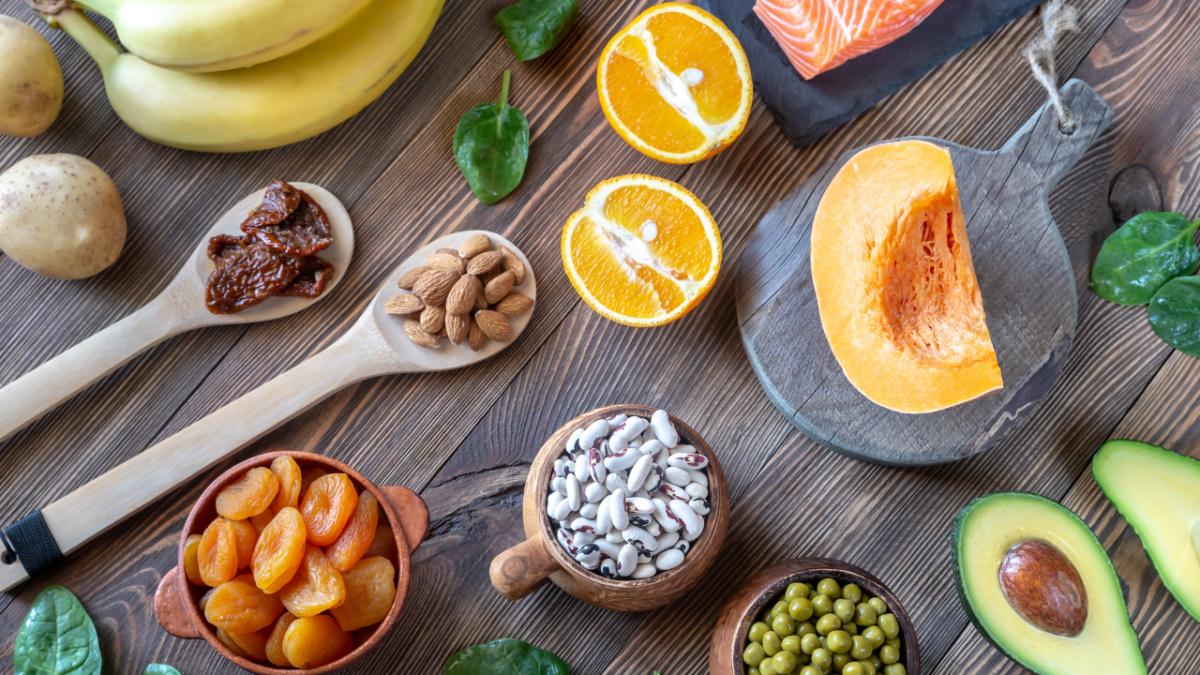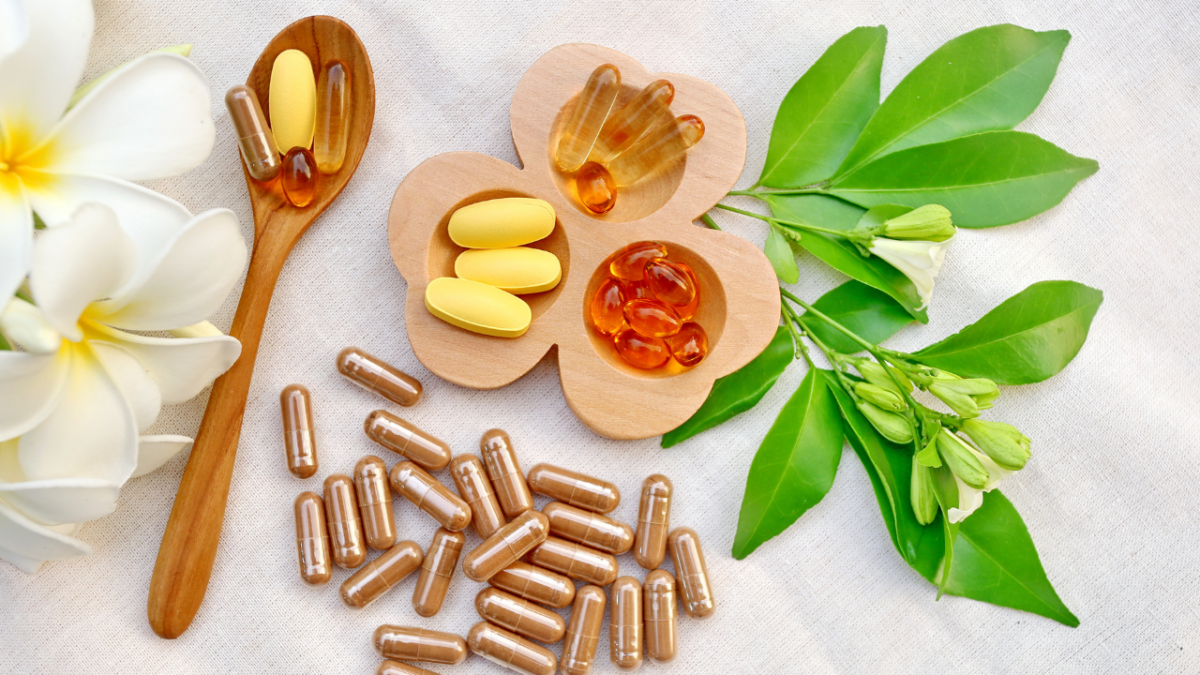Potassium Power: How This Mineral Boosts Heart Health for Women
When it comes to heart health, most people think of cutting sodium and eating healthy fats. But there’s another key player that often gets overlooked: potassium. For women, especially those approaching menopause, potassium is a true heart health hero. It works wonders by helping regulate blood pressure, reducing the risk of stroke, and balancing out sodium levels in the body. Let’s take a closer look at how potassium can keep your heart in top shape and the best ways to ensure you’re getting enough.
Why Potassium Matters for Women’s Hearts
Blood Pressure Regulation
Potassium is a natural counterbalance to sodium. It helps your body get rid of excess sodium through urine, which in turn helps to lower blood pressure. High blood pressure is a leading risk factor for heart disease, and it tends to become more common as women age. After menopause, women are even more susceptible to hypertension due to hormonal changes. By increasing your potassium intake, you can help keep your blood pressure in check.
Reduces Risk of Stroke
Heart disease isn’t the only threat we’re dealing with—stroke is a major concern, too. Women are more likely than men to have a stroke, especially after 55. Potassium helps reduce the risk by keeping your blood vessels relaxed, improving circulation, and preventing the buildup of plaque. In fact, research shows that women who have higher potassium levels are less likely to suffer from strokes than those who don’t get enough.
Balances Sodium Levels
Too much sodium isn’t just a cause of high blood pressure; it also puts a strain on your heart. Potassium acts as a natural sodium balancer, preventing its harmful effects on your cardiovascular system. It’s the reason why experts recommend increasing potassium-rich foods to support heart health while lowering salt intake. Think of potassium as your heart’s personal assistant, sweeping out the excess sodium and lightening its workload.
How Much Potassium Do Women Need?
So, how much potassium is enough? The recommended daily potassium intake for women aged 19 and above is around 2,600. However, most people don’t get nearly enough, with diets heavy in processed foods being a major culprit. You don’t need to start calculating grams with every meal, but aiming to include potassium-rich foods regularly can do wonders for your heart.
Top Potassium-Rich Foods for Women
Luckily, potassium is easy to find in delicious, heart-healthy foods. Here are a few potassium-packed options to add to your grocery list:
- Bananas – They’re the most famous source of potassium, but not the only one!
- Avocados – Also a great source of healthy fats, avocados are a potassium powerhouse.
- Spinach – A leafy green rich in vitamins and minerals that’s also fantastic for your heart.
- Sweet Potatoes – More potassium than a banana and loaded with fiber and antioxidants.
- Tomatoes – Try them in salads, soups, or even as tomato sauce—heart-friendly and tasty!
- Beans – Black beans, kidney beans, or lentils are all excellent choices for plant-based protein and potassium.
Potassium Supplements: Yay or Nay?
While it might be tempting to reach for a supplement, it’s usually better to get potassium from food sources. Supplements can sometimes cause side effects like stomach upset or even affect your heart rhythm if you take too much. It’s always a good idea to talk to your doctor before starting any supplements, especially if you have existing heart or kidney issues.
Takeaway
Heart disease is the number one killer of women, but incorporating potassium into your diet is a simple way to fight back. Whether you’re in your 30s or approaching menopause, making sure you get enough of this essential mineral is crucial. Start adding potassium-rich foods to your meals, cut back on sodium, and your heart will thank you in the long run.


